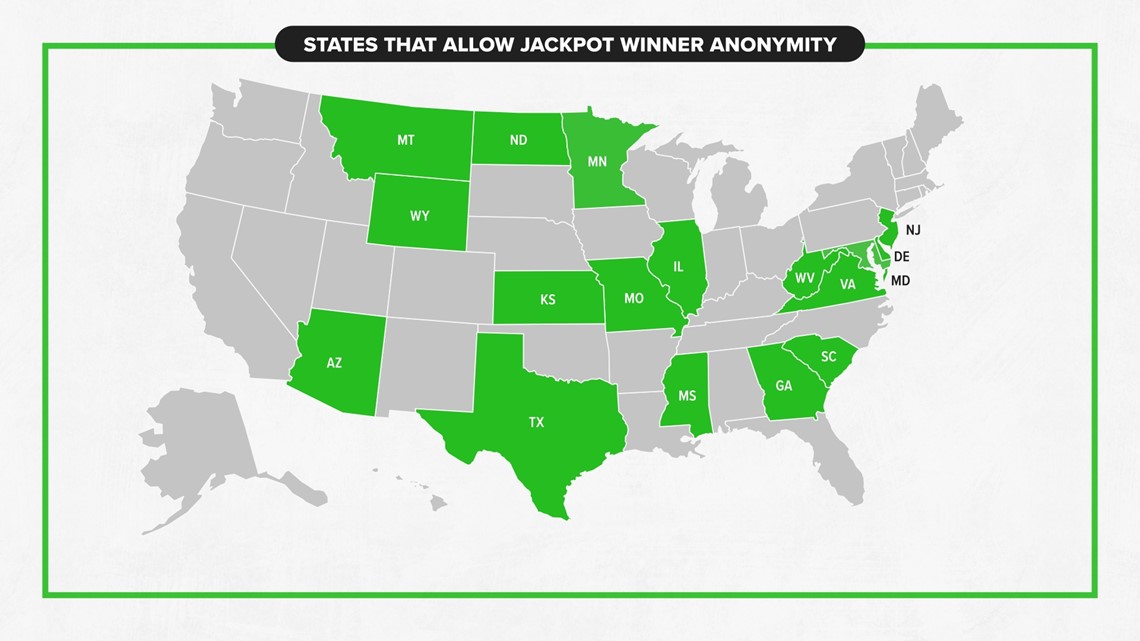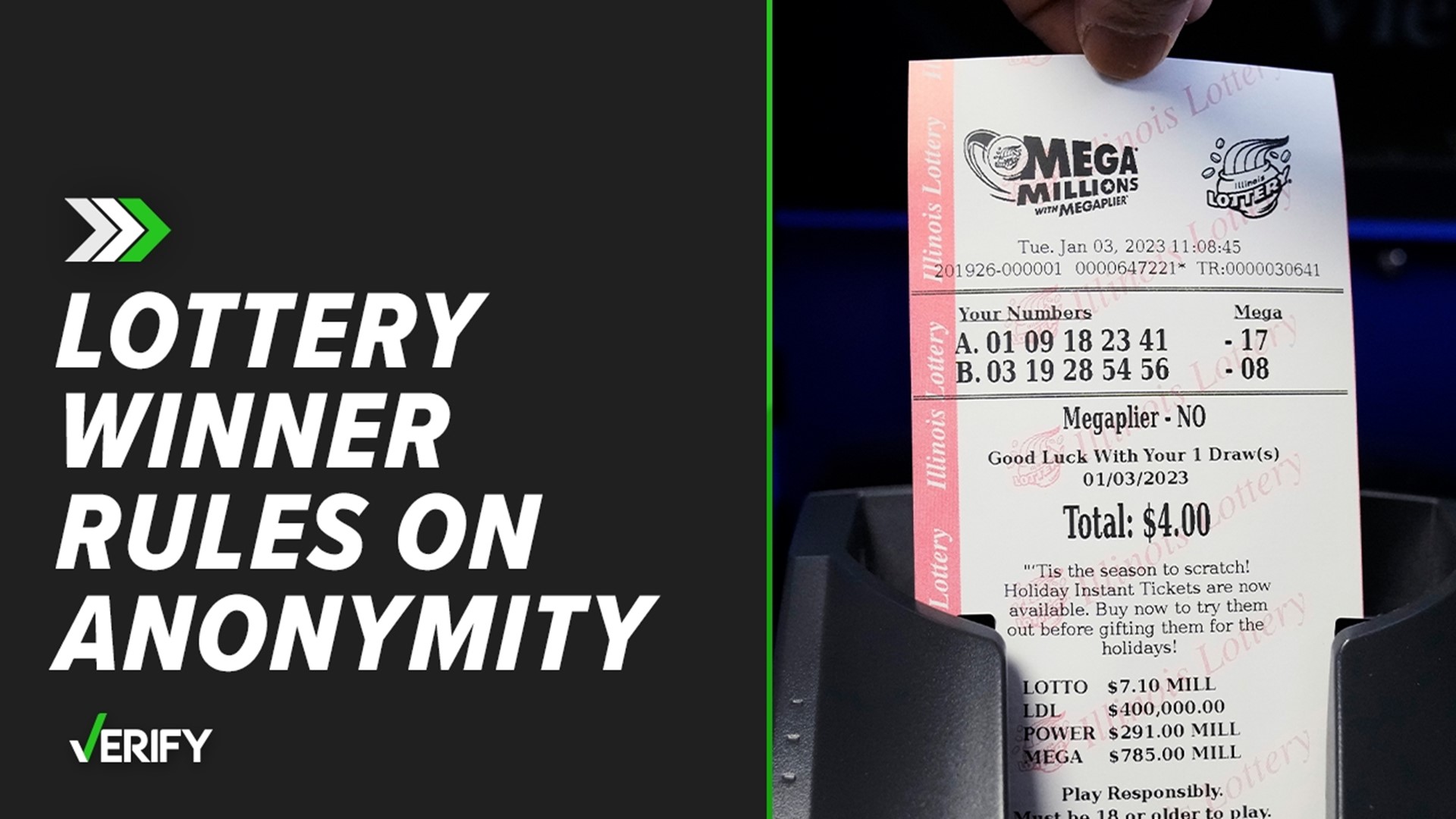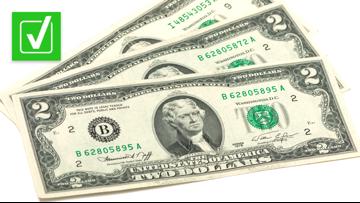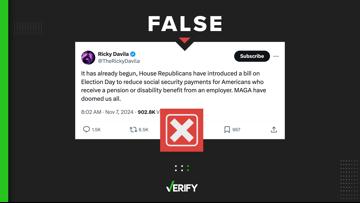Every time there’s a large Powerball or Mega Millions jackpot, lottery fever spreads across the United States.
Multiple VERIFY readers sent us emails to ask if you can stay anonymous after winning the big jackpot.
THE QUESTION
Can Mega Millions or Powerball jackpot winners remain anonymous?
THE SOURCES
- Powerball
- Mega Millions
- North American Association of State and Provincial Lotteries (NASPL)
- Individual state lottery commissions and laws
THE ANSWER
It depends on where you purchased the winning ticket. There are 17 states that allow Powerball and Mega Millions winners to remain anonymous.
WHAT WE FOUND
A VERIFY analysis of individual state laws and lottery commission rules found 17 states that allow winners of large jackpots, like Powerball and Mega Millions, to remain completely anonymous.


Powerball and Mega Millions defer to state and local jurisdictions when it comes to naming winners. North American Association of State and Provincial Lotteries (NASPL) says many states make the identities of jackpot winners public information.
Some of the states that allow anonymity for Powerball and Mega Millions winners have different rules for smaller jackpots. Virginia, for example, allows winners of prizes of $10 million or more to remain anonymous, while winners of smaller prizes are public record.
Both Powerball and Mega Millions reset their jackpots to $20 million whenever someone wins the grand prize.
There’s a lot of variation in how much of a winner’s personal information is public and how that information becomes public in the remaining states that don’t grant complete anonymity.
Some states allow jackpot winners to claim their prize under a trust, which can offer varying degrees of anonymity depending on state law. For example, Ohio allows the name of the owner of a trust claiming a lottery prize to remain confidential.
In a couple of states, jackpot winners are allowed to remain anonymous for a certain period of time, but their name eventually becomes public. In Arkansas, for example, the winner of a prize larger than $500,000 can request their identity be kept confidential for three years. But in Florida, if you win a prize larger than $250,000, your information is automatically kept confidential for 90 days after the prize is collected.
In Colorado, only your first name and last initial become public. In Michigan, large prize winners of state-run lotteries are anonymous, while winners of Powerball and Mega Millions jackpots are made public.
And then there are states, like Wisconsin, that don’t publicize the identity of their winners, but will make those identities available through public information requests.
If you want to learn the specifics of your state’s policy regarding the anonymity of large prize winners, you should first check your state lottery commission’s website. Most state lottery commissions answer this question on their FAQ page.
The Multi-State Lottery Association links out to most state lottery commission websites.
If you can’t find the details of your state’s anonymity policies there, you can talk to a local law firm or check state law.












